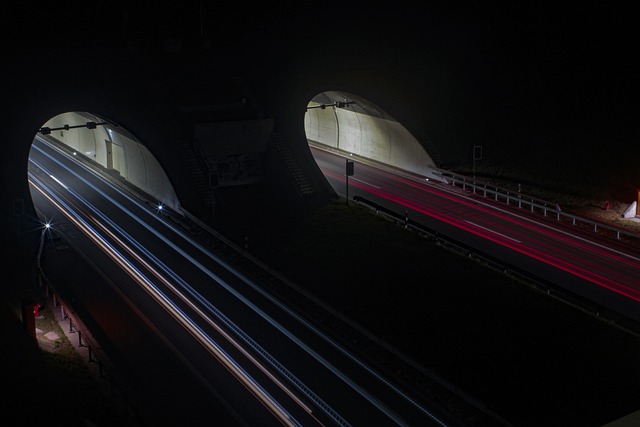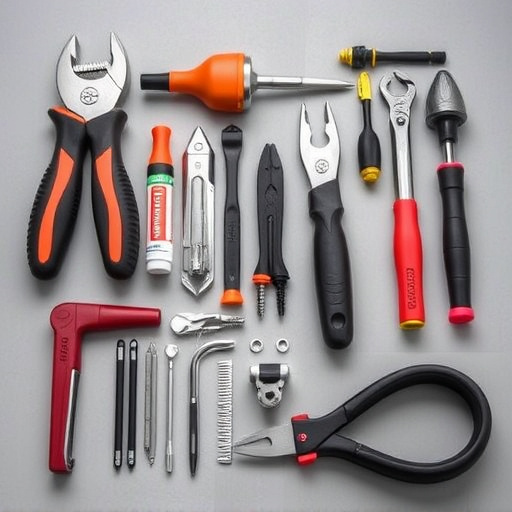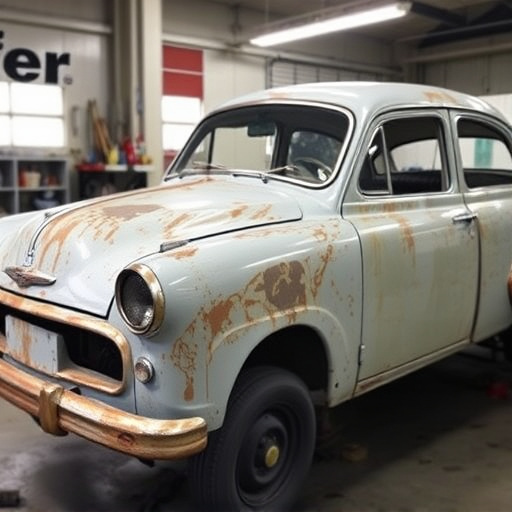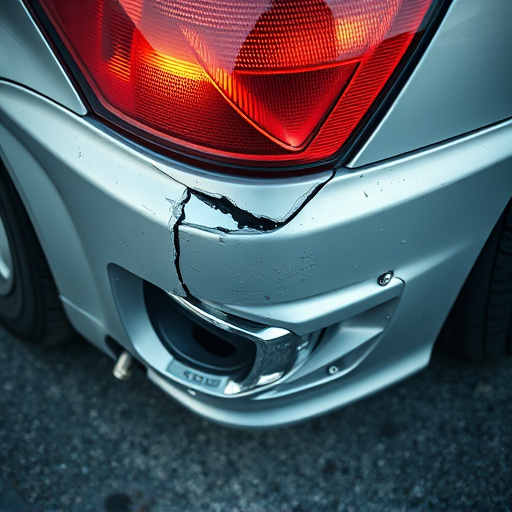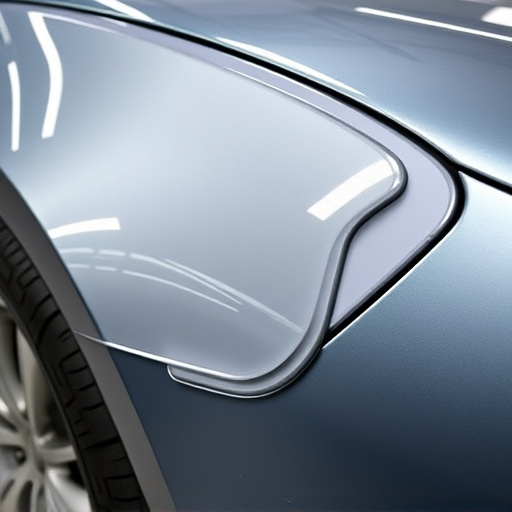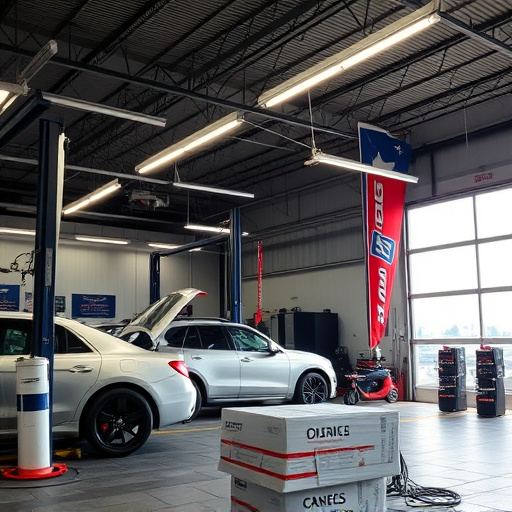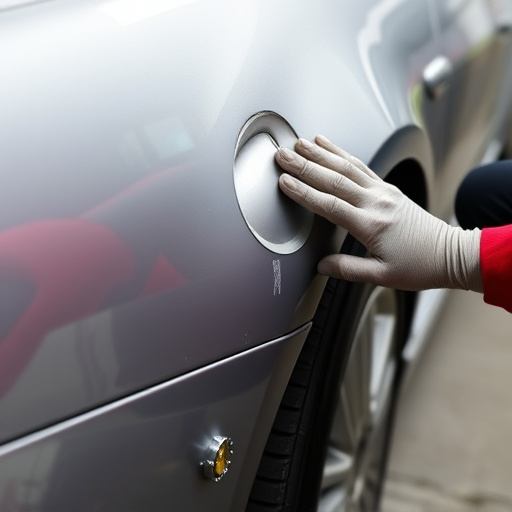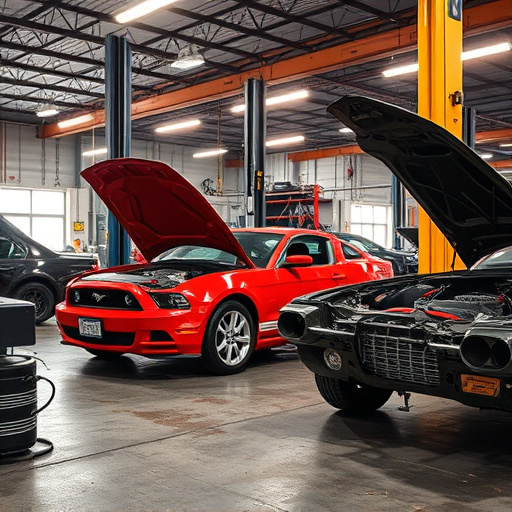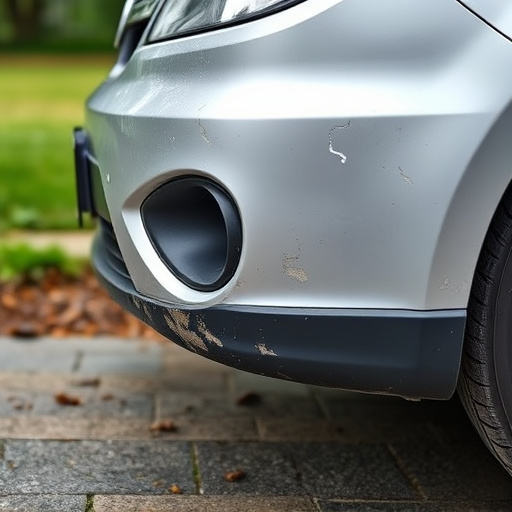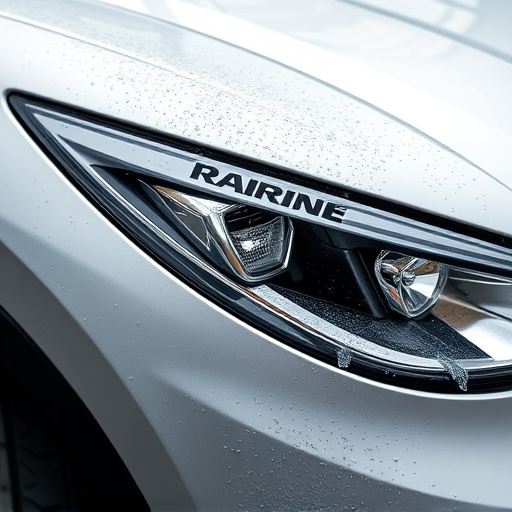Aftermarket auto glass is often covered by insurance but requires insurer approval due to safety standards. Insurance policies vary on certified parts for windshields and repairs, voiding coverage with unapproved replacements. Always confirm with your insurer before choosing aftermarket glass to avoid unexpected costs. Contact your provider and select a reputable collision repair center for safe, proper installation after an accident.
Aftermarket auto glass can be a cost-effective option for vehicle owners, but knowing when to confirm coverage with your insurer is crucial. Understanding your policy’s terms regarding aftermarket glass replacement ensures a smooth process. This article guides you through the key considerations, focusing on when insurer approval is mandatory and navigating claims efficiently. By following these steps, you can ensure a swift and hassle-free replacement experience while staying within your insurance parameters.
- Understanding Aftermarket Auto Glass Coverage
- When Insurer Approval is Necessary
- Navigating Claims and Replacement Process
Understanding Aftermarket Auto Glass Coverage
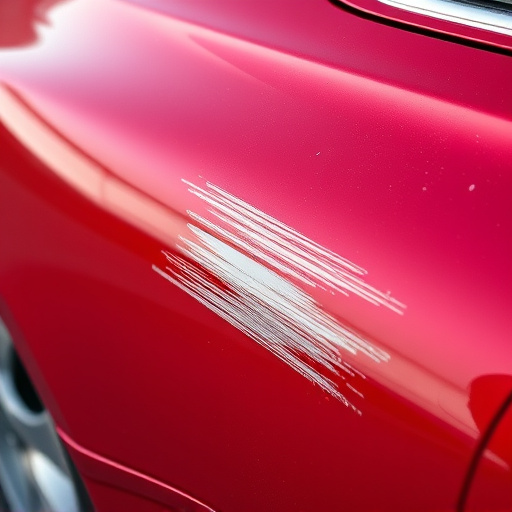
Aftermarket auto glass refers to replacement windshields, side windows, or rear windows that are not produced by the original equipment manufacturer (OEM). While many insurance policies cover the cost of auto glass repairs or replacements, understanding what constitutes “aftermarket” and its implications is crucial. Insurers often have specific guidelines regarding aftermarket parts, especially when it comes to safety and quality.
When considering auto body repairs that include aftermarket auto glass, policyholders should inquire about their insurer’s stance on such parts. Some companies may require you to use OEM or certified parts for warranty purposes, ensuring they meet the same safety standards as the original equipment. On the other hand, many modern insurance plans allow for aftermarket replacements, recognizing that these parts can be cost-effective and readily available without compromising safety if chosen wisely.
When Insurer Approval is Necessary
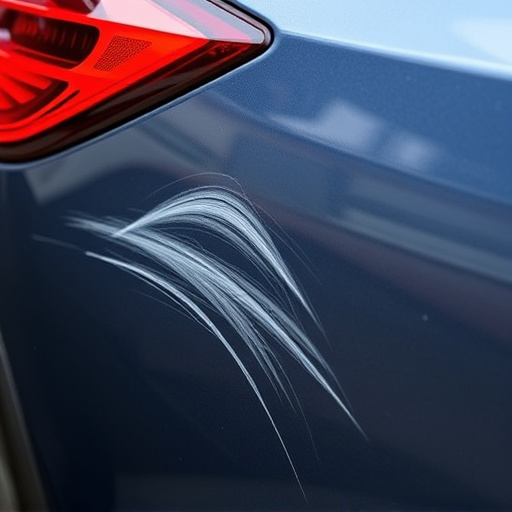
When you’re dealing with damaged auto glass, especially from aftermarket replacements, insurer approval is crucial before proceeding with any repairs or replacements. Many insurance companies have specific guidelines and policies regarding aftermarkets parts, particularly for windshields and other safety-critical components. These policies are in place to ensure that the repair or replacement meets or exceeds safety standards, aligning with the original vehicle specifications.
Seeking insurer approval is essential, especially when considering the potential implications of using subpar or non-certified glass. Using unapproved aftermarket auto glass might void your insurance coverage, leading to out-of-pocket expenses for repairs. Moreover, it could compromise the structural integrity and safety features of your vehicle, particularly with advanced technologies integrated into modern windshields like lane departure warnings and crash avoidance systems. Therefore, before engaging fleet repair services or dealing with scratch repair or car dent removal related to aftermarket glass, confirm with your insurer to avoid any unforeseen issues.
Navigating Claims and Replacement Process
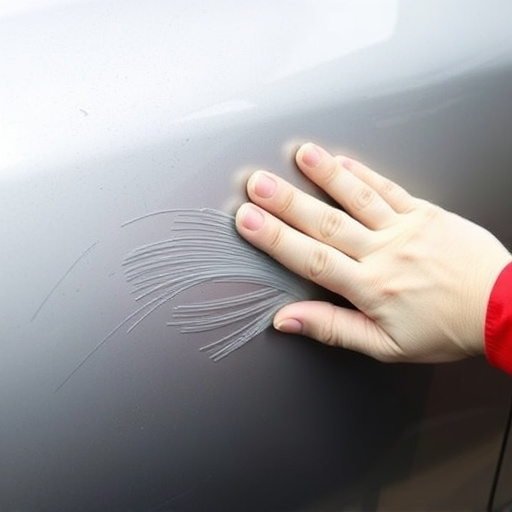
Navigating the claims and replacement process for aftermarket auto glass can seem daunting, especially after an accident. Your first step is to contact your insurance provider and file a claim. They will guide you through their specific procedures and help determine liability. It’s important to remember that different insurers have varying policies regarding aftermarket parts, so be sure to clarify their stance on using non-factory glass.
Once a claim is filed, the next phase involves choosing a repair facility. Some insurance companies have preferred shops, while others allow you to select your own. Look for reputable mercedes benz collision repair centers or facilities specializing in bumper repair and car dent removal. They should be equipped to handle glass replacement with expertise, ensuring a seamless and secure installation. This is crucial as proper fitting is key to preventing future damage.
Confirming aftermarket auto glass with your insurer is a crucial step in ensuring a smooth replacement process. By understanding your coverage and when approval is needed, you can navigate claims efficiently. This proactive approach not only saves time but also guarantees that you’re using approved parts, enhancing the safety and reliability of your vehicle. Remember to refer to your policy details and reach out to your insurer for guidance whenever necessary regarding aftermarket auto glass repairs or replacements.
